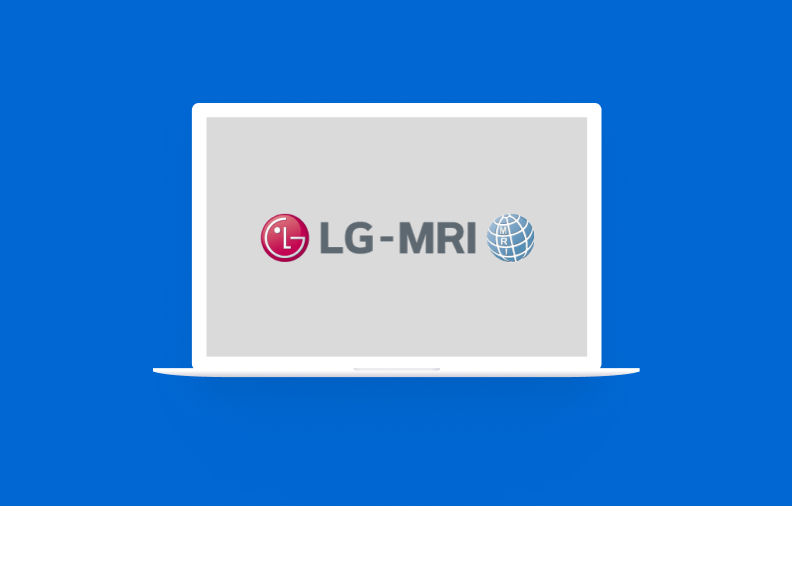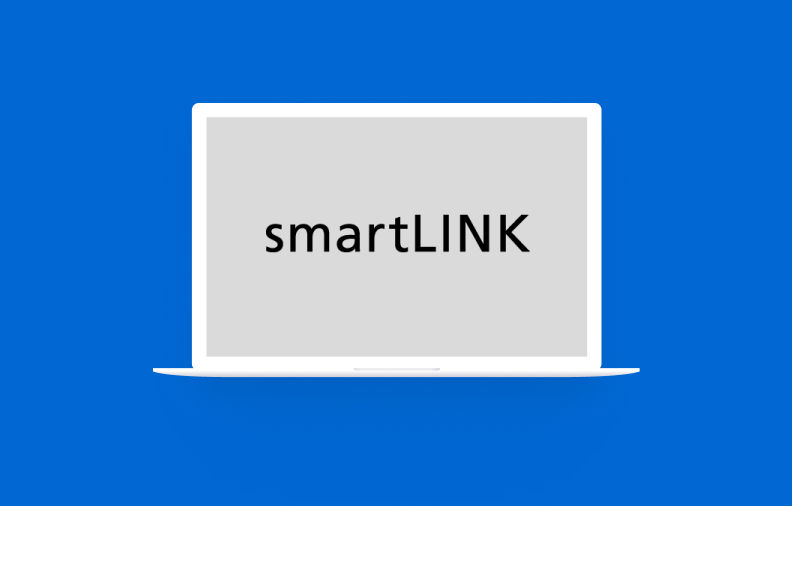

More than just a place, a smart city is a commitment to using technology to build a more responsive, dynamic, competitive city. While implementations vary, every smart city has three main components: a robust, ubiquitous network, widely deployed sensors to collect data, and the ability to analyze and leverage that data in real time.


What makes Spectrum smarter?
Every Spectrum Smart City is a collaboration between Spectrum, our partners, and you. We combine our technology with your insights about your constituents for the benefit of all.
Our Partners
HOW IS SPECTRUM HELPING CITIES?
Smart cities offer more than quality-of-life improvements. The integration of smart technology and data governance offers cities an unprecedented opportunity to invigorate their economies, revitalize infrastructure, reduce crime, and more.
Find out how below.



Digital Services & Economic Development
In a smart city, the network forges new connections between constituents—in both digital spaces and in real life. By empowering economic activity and civic engagement, we can help residents, local businesses, and community leaders to build vibrant places to work and live.
- Connected communities
- Digital government
- Open data & civic engagement
- Smart kiosks
Utilities & Infrastructure
How can smart technology enable sustainable growth and development? By empowering city leaders, citizens and communities to be able to make informed, data-driven decisions to help reduce waste and improve overall efficiency.
- Smart lighting
- Smart waste management
- Smart water management
- Smart building, venue, & campus


Intelligent Transportation
Faster, smoother transportation is a ticket to a more livable, more productive city. Data from smart technology can help your city reduce traffic congestion and emissions, improve parking, or encourage the use of public transportation.
- Intelligent traffic management
- Smart parking
- Fleet management
Public Safety
A safer city is one that allocates resources where they are needed most. Smart technology enables weather monitoring, pedestrian safety at intersections (Vision Zero), and public utility security, so all citizens can trust in the safety of their public spaces.
- Video analytics
- Critical infrastructure monitoring
- Environmental monitoring
- Drone management and monitoring

FAQ
How can smart cities help citizens?
Smart technologies can help a city express its values and invest in its citizens. Smart citizens see improvements in both their personal and professional lives—from their environment, to their economy, to their ability to make their voices heard.
How are smart cities turning data into real-world solutions?
The key to making data actionable is to start with the end in mind. Smart city initiatives gather and analyze the data that city leaders need to achieve specific goals. To improve parking during sporting events, for example, a smart city could use road-condition data from sensors, parking regulations, and up-to-date construction and detour advisories to provide real-time parking availability information.
How can smart technology help city leaders prepare for disruptive events?
Smart cities are inherently forward-looking and built for interoperability. While ordinary cities often struggle with extracting meaningful insights from disconnected datasets across multiple city departments, smart cities embrace the value of analyzing and leveraging data, regardless of where it’s stored. This makes it easier to uncover insights, enact operational efficiencies, and prepare for the unexpected.
How can smart city solutions benefit my city’s economy?
Smart city solutions have huge potential for improving your local economy by attracting new residents and businesses, broadening the tax base.
Data-gathering and analytics are powerful tools for enhancing public services and quality of life, making your city a better place to live, work, and play. Embracing smart technologies today can differentiate your city from other communities, attracting new residents and employers for tomorrow.
How does a Smart-Ready network support a smart city?
A robust, ubiquitous network is the brain of a smart city. It must be reliable enough to support vital services and flexible enough to communicate with multiple sensor types. Choosing a partner with network expertise, like Spectrum, will allow you to concentrate on delivering the benefits of smart technology to your citizens and stakeholders, while we focus on the network, protocols, and data transmission.
And if your city is one of the thousands across the country that already has a Spectrum network, it is already Smart Ready.
How can leaders get started on smart city initiatives?
The best smart city initiatives start small: one neighborhood with one or two straightforward, meaningful goals, like reducing commute times or energy consumption. A success story is the most powerful evidence of smart city potential.
To increase the likelihood of success, the best practice is to have a dedicated leader or team driving the initiative—many cities achieve this by starting a non-profit innovation district or hiring a chief innovation officer. In the end, it’s the city leaders who understand their people the best; the combination of our technology with your insights about your constituents is what makes a smart city shine.
How can smart cities help citizens?
Smart technologies can help a city express its values and invest in its citizens. Smart citizens see improvements in both their personal and professional lives—from their environment, to their economy, to their ability to make their voices heard.
How can smart city solutions benefit my city’s economy?
Smart city solutions have huge potential for improving your local economy by attracting new residents and businesses, broadening the tax base.
Data-gathering and analytics are powerful tools for enhancing public services and quality of life, making your city a better place to live, work, and play. Embracing smart technologies today can differentiate your city from other communities, attracting new residents and employers for tomorrow.
How are smart cities turning data into real-world solutions?
The key to making data actionable is to start with the end in mind. Smart city initiatives gather and analyze the data that city leaders need to achieve specific goals. To improve parking during sporting events, for example, a smart city could use road-condition data from sensors, parking regulations, and up-to-date construction and detour advisories to provide real-time parking availability information.
How does a Smart-Ready network support a smart city?
A robust, ubiquitous network is the brain of a smart city. It must be reliable enough to support vital services and flexible enough to communicate with multiple sensor types. Choosing a partner with network expertise, like Spectrum, will allow you to concentrate on delivering the benefits of smart technology to your citizens and stakeholders, while we focus on the network, protocols, and data transmission.
And if your city is one of the thousands across the country that already has a Spectrum network, it is already Smart Ready.
How can smart technology help city leaders prepare for disruptive events?
Smart cities are inherently forward-looking and built for interoperability. While ordinary cities often struggle with extracting meaningful insights from disconnected datasets across multiple city departments, smart cities embrace the value of analyzing and leveraging data, regardless of where it’s stored. This makes it easier to uncover insights, enact operational efficiencies, and prepare for the unexpected.
How can leaders get started on smart city initiatives?
The best smart city initiatives start small: one neighborhood with one or two straightforward, meaningful goals, like reducing commute times or energy consumption. A success story is the most powerful evidence of smart city potential.
To increase the likelihood of success, the best practice is to have a dedicated leader or team driving the initiative—many cities achieve this by starting a non-profit innovation district or hiring a chief innovation officer. In the end, it’s the city leaders who understand their people the best; the combination of our technology with your insights about your constituents is what makes a smart city shine.
Speak with a Spectrum Smart Cities Expert










